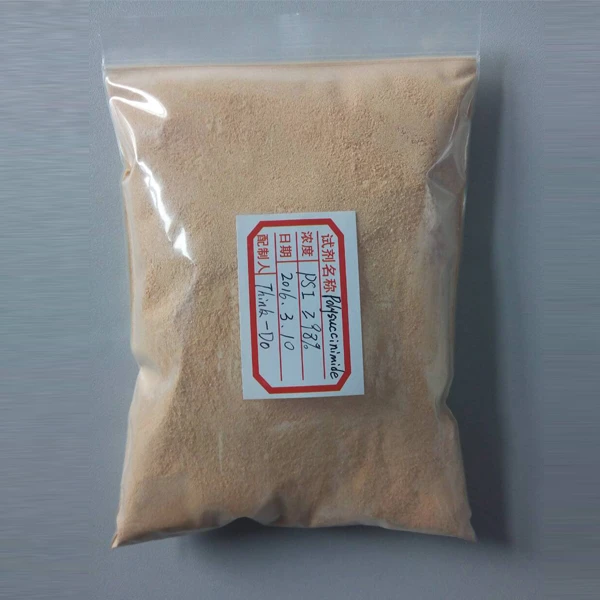
News
Nov . 09, 2024 08:37 Back to list
Advantages of High-Quality Micronutrient Fertilizers for Enhanced Plant Growth
The Benefits of High-Quality Micronutrient Fertilizers
In today's agricultural landscape, the focus has shifted towards optimizing crop yields and enhancing soil health, driving the demand for effective fertilizers. Among these, high-quality micronutrient fertilizers have gained significant attention due to their transformative benefits. Micronutrients, which include essential elements such as zinc, iron, manganese, copper, molybdenum, and boron, play a pivotal role in plant growth and development. This article will delve into the benefits of using high-quality micronutrient fertilizers and their impact on agriculture.
Enhanced Plant Growth and Development
One of the primary advantages of high-quality micronutrient fertilizers is their ability to promote robust plant growth. Micronutrients are vital for various physiological functions, including photosynthesis, enzyme activation, and nitrogen fixation. For example, zinc plays a crucial role in the synthesis of plant hormones and helps improve chlorophyll production, enhancing photosynthetic efficiency. A balanced supply of these micronutrients directly correlates with increased plant vigor, leading to healthier crops that can withstand environmental stresses.
Increased Crop Yields
High-quality micronutrient fertilizers can significantly contribute to increased crop yields. Many farmers face challenges like nutrient deficiencies in their soils that lead to suboptimal crop performance. By applying micronutrient fertilizers, farmers can correct these deficiencies, ensuring that plants receive the essential nutrients they need for optimal growth. Studies have shown that the appropriate application of micronutrients can lead to substantial yield increases in various crops. For instance, the addition of iron can reduce chlorosis in plants, resulting in better growth and higher production levels.
Improved Nutritional Quality of Crops
In an era where nutrition and health are of paramount importance, the micronutrient content of food crops cannot be overlooked. High-quality micronutrient fertilizers enhance the nutritional quality of agricultural products. Crops enriched with micronutrients have higher levels of essential vitamins and minerals, which can improve human health. For example, biofortification of staple crops like rice and wheat with micronutrients such as iron and zinc can help combat malnutrition in vulnerable populations. The use of these fertilizers contributes not only to higher yields but also to the production of healthier food.
high quality micronutrient fertilizer benefits

Soil Health and Sustainability
Another vital benefit of high-quality micronutrient fertilizers is their positive impact on soil health. Micronutrients contribute to the overall fertility of the soil, promoting the activities of beneficial microorganisms. These microorganisms play a crucial role in nutrient cycling, organic matter decomposition, and the formation of soil structure. By improving soil health, micronutrient fertilizers contribute to the long-term sustainability of agricultural systems. Sustainable practices lead to healthier ecosystems, reduced chemical dependency, and enhanced resilience to environmental changes.
Cost-Effectiveness
Investing in high-quality micronutrient fertilizers can offer farmers a cost-effective solution to enhancing productivity. Although they may have a higher initial cost compared to traditional fertilizers, the return on investment can be substantial due to improved crop yields and quality. Additionally, the targeted application of micronutrients reduces wastage and minimizes environmental impact, making it an economically viable choice for many farmers.
Reduced Environmental Impact
The environmentally-conscious approach to agriculture has become increasingly crucial in recent years. High-quality micronutrient fertilizers can help mitigate environmental issues associated with conventional fertilizers. With a more focused application of essential nutrients, the risk of runoff and leaching into water bodies is minimized. This, in turn, helps protect local ecosystems and reduces the incidence of nutrient pollution, paving the way for sustainable agricultural practices.
Conclusion
In summary, high-quality micronutrient fertilizers offer a plethora of benefits that are crucial for modern agriculture. From enhancing plant growth and increasing crop yields to improving the nutritional quality of food and promoting soil health, these fertilizers play an invaluable role in achieving sustainable and productive farming practices. As the agricultural sector seeks to meet the food demands of a growing population, the adoption of high-quality micronutrient fertilizers will be essential to ensure the health of crops, soils, and ultimately, human beings. Investing in these fertilizers is not merely a choice but a necessary step towards a sustainable agricultural future.
-
Polyaspartic Acid Salts in Agricultural Fertilizers: A Sustainable Solution
NewsJul.21,2025
-
OEM Chelating Agent Preservative Supplier & Manufacturer High-Quality Customized Solutions
NewsJul.08,2025
-
OEM Potassium Chelating Agent Manufacturer - Custom Potassium Oxalate & Citrate Solutions
NewsJul.08,2025
-
OEM Pentasodium DTPA Chelating Agent Supplier & Manufacturer High Purity & Cost-Effective Solutions
NewsJul.08,2025
-
High-Efficiency Chelated Trace Elements Fertilizer Bulk Supplier & Manufacturer Quotes
NewsJul.07,2025
-
High Quality K Formation for a Chelating Agent – Reliable Manufacturer & Supplier
NewsJul.07,2025
